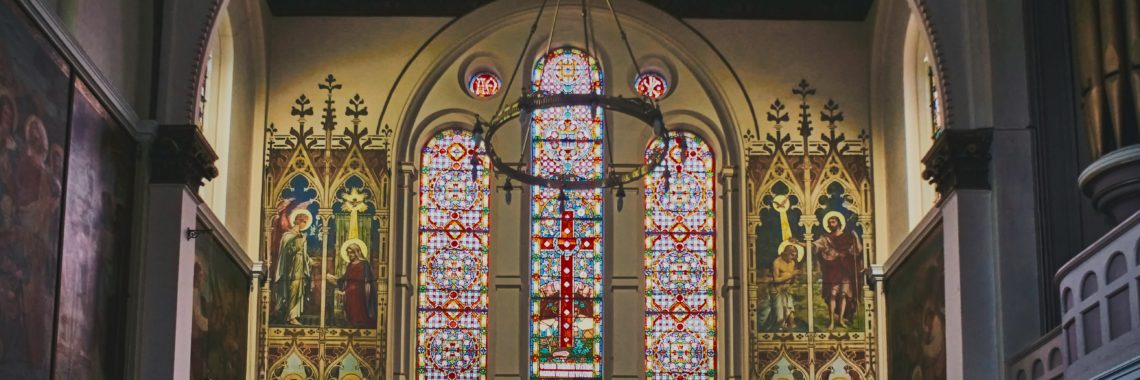“The Global Minimum Tax: Blessing or Curse?” by Allen Calhoun
Photo by NASA on Unsplash. The Group of Seven nations — Canada, France, Germany, Italy, Japan, the United Kingdom, and the United States — agreed on June 5, 2021 to promote a new global tax system. The Organization for Economic Cooperation and Development (OECD) announced on July 1, 2021 that 130 of the 139 countries…











